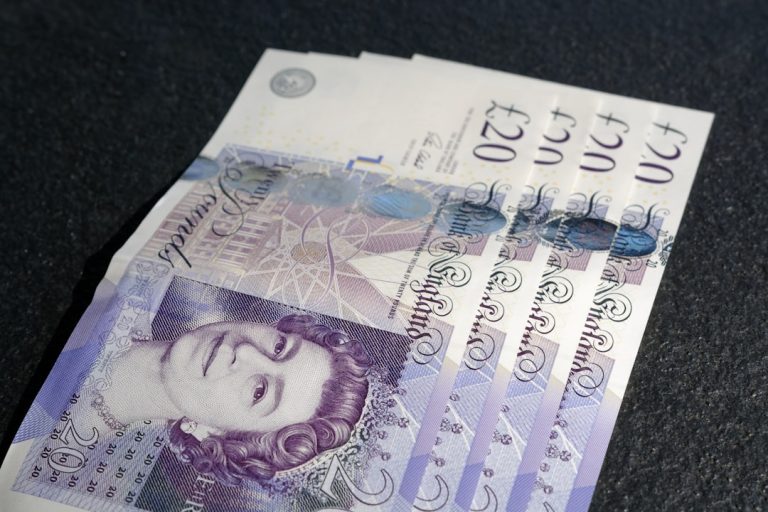How to Build Credit History: A Comprehensive Guide
Building a strong credit history is crucial for your financial well-being. Your credit history not only impacts your ability to get approved for loans and credit cards but also influences the interest rates you’ll receive. If you’re looking to improve your credit score or establish a credit history from scratch, this guide will provide you with valuable insights and strategies.
Understand the Basics of Credit
Before diving into how to build credit history, it’s essential to understand the basics of credit. Your credit score is a three-digit number that reflects your creditworthiness based on your credit history. The most commonly used credit scoring model is FICO, which ranges from 300 to 850.
Obtain a Secured Credit Card
If you’re new to credit or have a limited credit history, obtaining a secured credit card can be a great way to start building credit. With a secured card, you’ll need to make a security deposit that serves as your credit limit. By using the card responsibly and making on-time payments, you can establish a positive credit history.
Make On-Time Payments
One of the most critical factors in building a good credit history is making on-time payments. Payment history accounts for a significant portion of your credit score, so it’s essential to pay your bills by the due date each month. Set up automatic payments or reminders to ensure you never miss a payment.
Diversify Your Credit Mix
Having a diverse mix of credit accounts can positively impact your credit score. In addition to credit cards, consider adding installment loans such as a car loan or a personal loan to your credit profile. Demonstrating that you can manage different types of credit responsibly can help strengthen your credit history.
Keep Your Credit Utilization Low
Credit utilization refers to the amount of available credit you’re using at any given time. To build a solid credit history, aim to keep your credit utilization below 30%. High utilization can signal financial distress and negatively impact your credit score. Paying off balances in full each month can help keep your utilization low.
Avoid Opening Too Many Accounts at Once
While it’s essential to have a mix of credit accounts, avoid opening multiple accounts within a short period. Each new account results in a hard inquiry on your credit report, which can temporarily lower your score. Focus on managing the accounts you have effectively before considering opening new ones.
Monitor Your Credit Report Regularly
Monitoring your credit report is crucial in building and maintaining a good credit history. Check your report for errors or fraudulent activity that could negatively impact your score. You’re entitled to one free credit report from each of the three major credit bureaus—Equifax, Experian, and TransUnion—annually.
Be Patient and Persistent
Building a strong credit history takes time and persistence. By following the tips outlined in this guide and practicing good financial habits, you can establish a positive credit history that will benefit you in the long run. Be patient with the process and stay committed to improving your financial health.
Building credit history is an essential part of managing your finances effectively. By understanding how credit works and implementing best practices, you can establish a solid credit foundation that opens doors to better financial opportunities.






